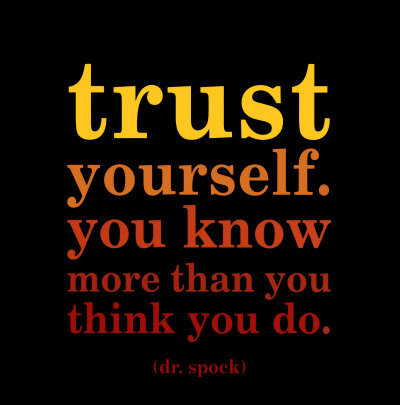 Thanks Suzanne! More room on the non-Niching Bus!
Thanks Suzanne! More room on the non-Niching Bus!You typically hear in many marketing circles that the first thing you need to do is identify your niche. This terminology of a ‘niche’ doesn’t work for me because it feels very much like, “Find a group of people to sell to.” I’ve found that a better way to identify these people is to ask, “Who needs me most?” We all have a gift to share, so ask yourself “Who needs me and my gift the most?”
This concept is part of what I call ‘authentic marketing’ because it’s got to come from your heart. It’s got to be client-based and heart-centered for it to really work.
When you look at who needs you most and you can recognize what your ideal client is, it’s very important for you to be aware that you shouldn’t work with everyone.
I was once at a networking group and someone asked this gentleman, “So who’s an ideal client for you?” and he answered, “Anyone breathing.” That’s so not the case. If you agree with the fact that you have a unique gift and if you try to use that gift to serve everyone, you’ll quickly see that it’s just not possible. It’s simply not possible.
First of all, you can’t do your job well when you try to spread yourself that thin. You just can’t do everything, you can’t please everybody and you don’t have the skill set and the energy to try to spread yourself that thin.
The second part is that if you can focus on what your real gift is, combined with the people that your gift can be served by, that makes you really powerful.
It’s important to understand these prospects, these people who need you most, and to develop yourself as a perceived expert. Being an expert in your field is something that you really want to work towards not because you want to know it all, but because it is a way that you can make your clients feel comfortable and confident with you.
I have asked clients this question before – “If you need brain surgery and you’re given the choice of two doctors, and one doctor does brain surgery only and he’s really great at it, and the other doctor does hip replacements, knee replacements, and some brain surgery, who are you going to pick?” It is so obvious.
When I ask that question, it’s always obvious to the person I’m asking, but we don’t do that with ourselves and within our own businesses. We tend to ignore the fact that if we were looking for anything else for ourselves – from plumbers to brain surgeons to a designer – we would look for the best of the best that is specific to the area that we’re working in.
We need to really relate that to ourselves, strive to be the best of the best and develop the skillsets and connections necessary to be considered an expert in our area. Then focus on, “Who needs me most?” which will be a more useful guide in developing our businesses than stressing over finding our ‘niche.’
When you spend time delving into these areas as they apply to your business, you too will move past any fears about marketing in ways that feel uncomfortable for you, and into authentic marketing that naturally attracts your ideal clients and builds your business.
Suzanne Evans
Helping Profession Expert
Tel: (917) 385-1385
Email: Suzanne@HelpMorePeople.com
Web: www.HelpMorePeople.com
Blog: www.SuzanneEvansCoaching.com
P.O. Box 1073
Maplewood, NJ
07040
US




















